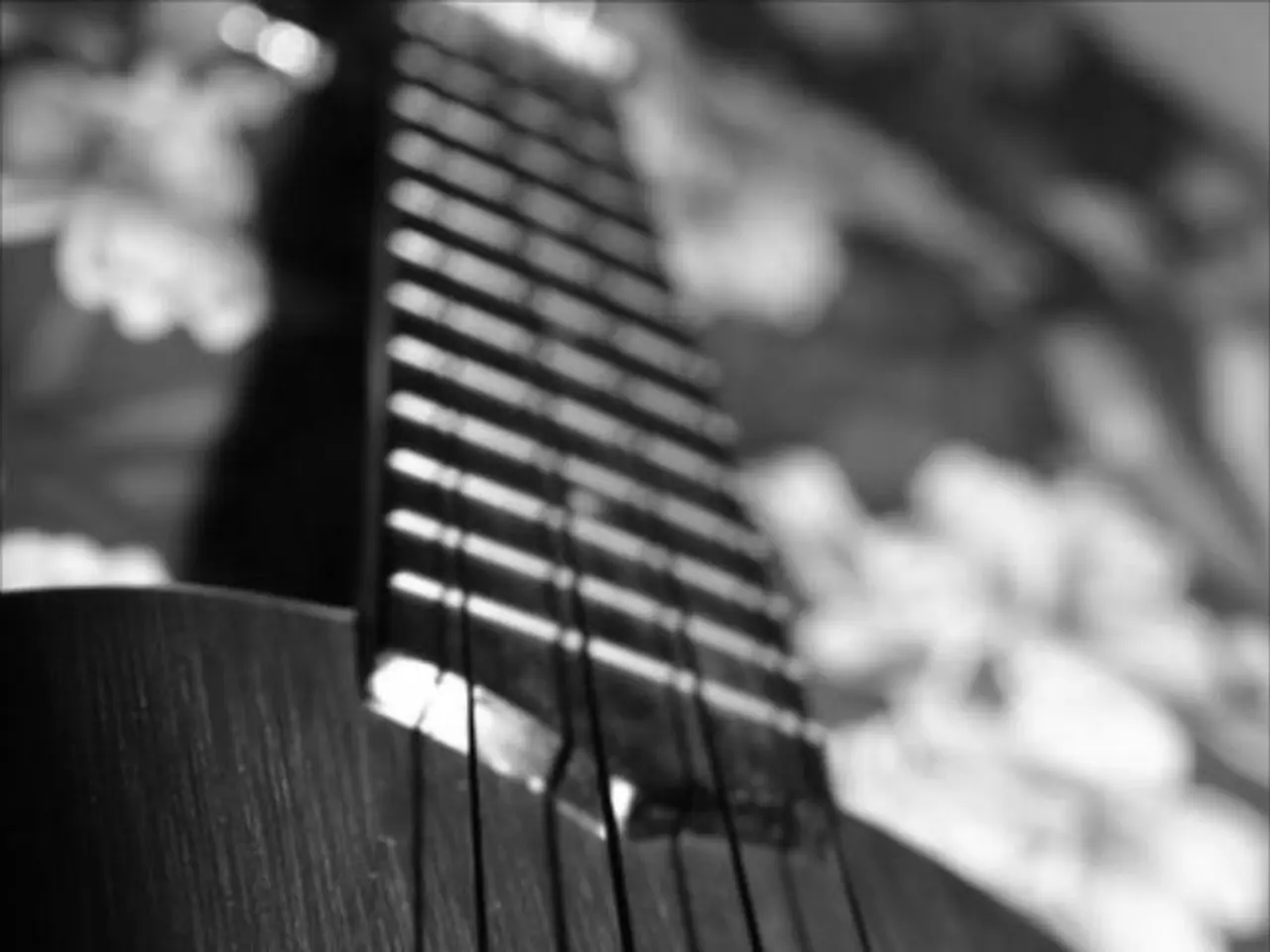Reflections on the Life of Khazente Perele Feig
In the mid-20th century, Perele Feig (1910-1987) emerged as a significant figure in Jewish liturgical music, breaking boundaries and challenging the status quo. Born in Hungary and immigrating to the United States as a child, Feig made a name for herself as a 'khazn', a term repurposed to describe female cantors.
Feig was known for her poise and equanimity, a stark contrast to some of her male counterparts. One such figure was Cantor William (Velvel) Bogzester, a cantor and composer, with whom Feig had a complex relationship. While they were close friends, some suggest that professional jealousy may have fueled tension between them.
Bogzester, despite possessing a powerful voice, was known for his struggle to complete an entire recitative without singing himself hoarse in the initial burst of intensity. This vulnerability, combined with his masculinity being threatened by Feig's ability to perform the "male" voice of the cantorial recitative with equal expressive power, without vocal strain, may have contributed to the conflict.
Cantor Jacob Mendelson, who knew Feig personally and spoke fondly of her great knowledge, charisma, and physical presence, suggested that the conflict might have stemmed from professional jealousy. Mendelson contrasted Bogzester's male excess in the display of bravado and resultant exhaustion against Feig's female poise and equanimity in the emotionally and physically demanding work of cantorial vocal performance.
Feig's ability to perform pieces associated with the classic gramophone era cantorial recording stars in their original keys, adapting them to her own skills as an interpreter, further solidified her place in the cantorial scene. She even had a regular weekly show on WEVD, the Yiddish language radio station in New York, alongside star cantors such as Moshe Ganchoff.
However, Feig was not immune to the dramatic demands of cantorial vocal performance. The emotional economy of the cantorial scene, exacerbating tendencies towards contention and jealousy as elements of relationships between artists, often took its toll. Yet, Feig was afforded a degree of deference that may have caused stress to her male peers, further fuelling tension.
Despite the controversy, Feig's impact on Jewish liturgical music remains undeniable. Her story serves as a testament to the power of breaking boundaries and challenging the status quo, even in the face of adversity. For those interested in delving deeper into the lesser-known figures of Hungarian Jewish history, local Jewish historical societies or archives specializing in this area might provide valuable insights.
Despite her poise, Feig's ability to perform pieces traditionally associated with male cantors in their original keys, as she adapted them to her own skills, introduced an element of music-based competition between her and Cantor William Bogzester. Their complex relationship, marked by mutual respect and professional jealousy, was further strained by Feig's mastery of a 'male' domain in cantorial music, which may have felt threatening to Bogzester's masculinity.




